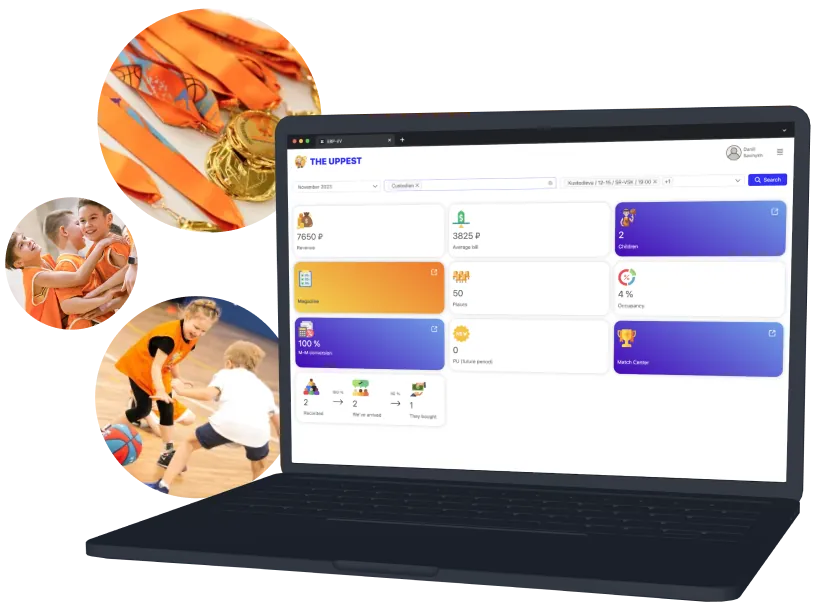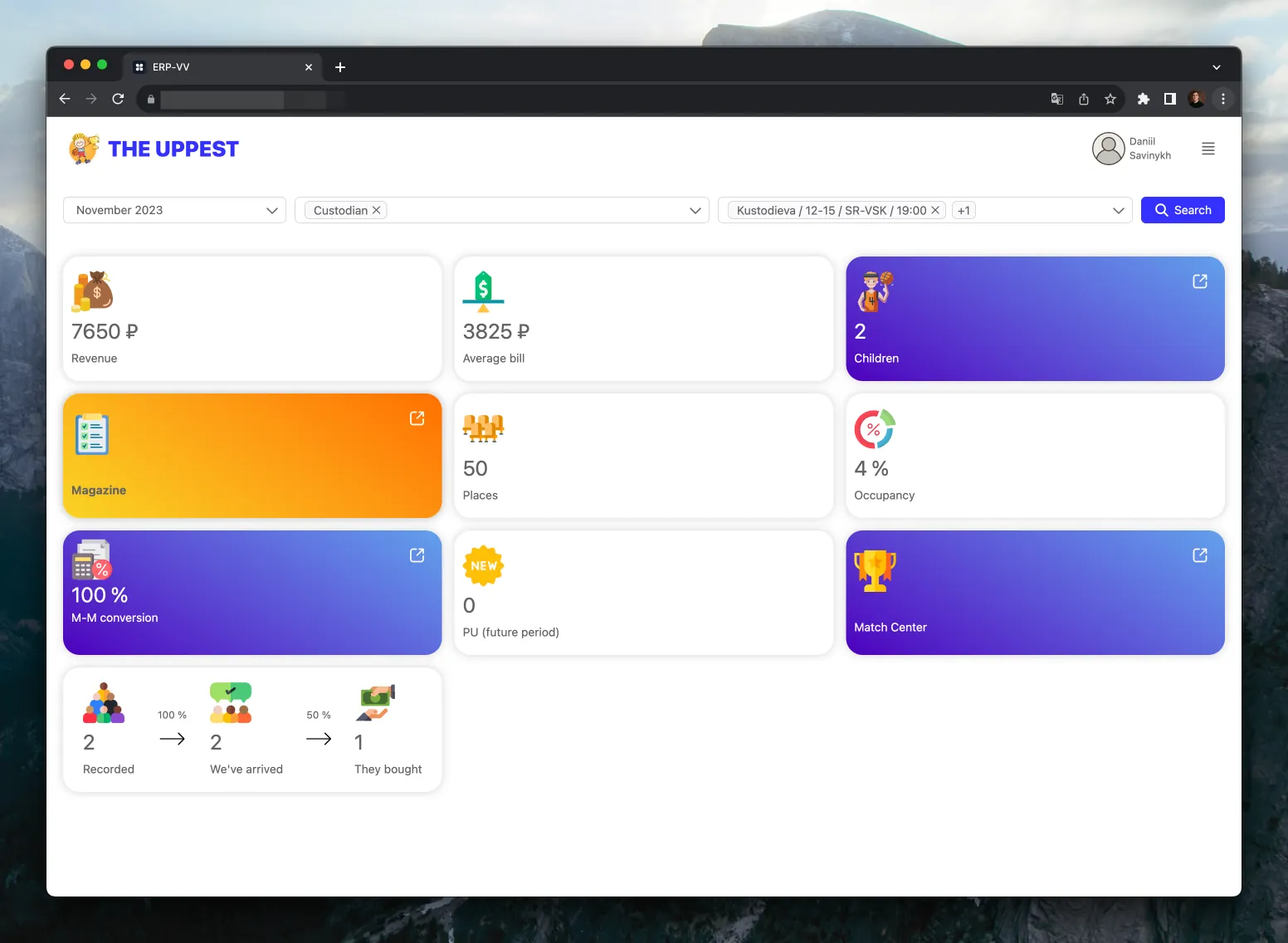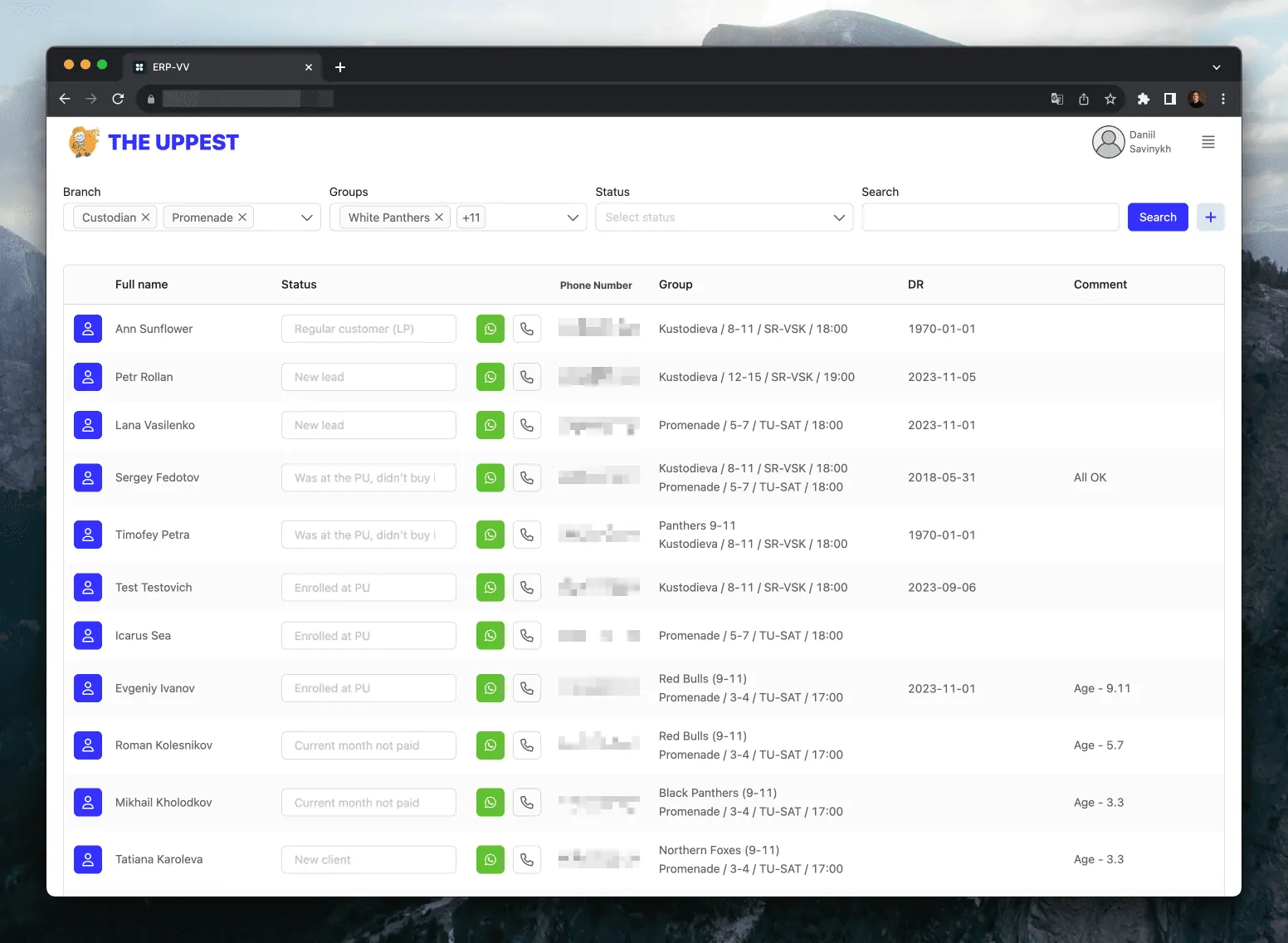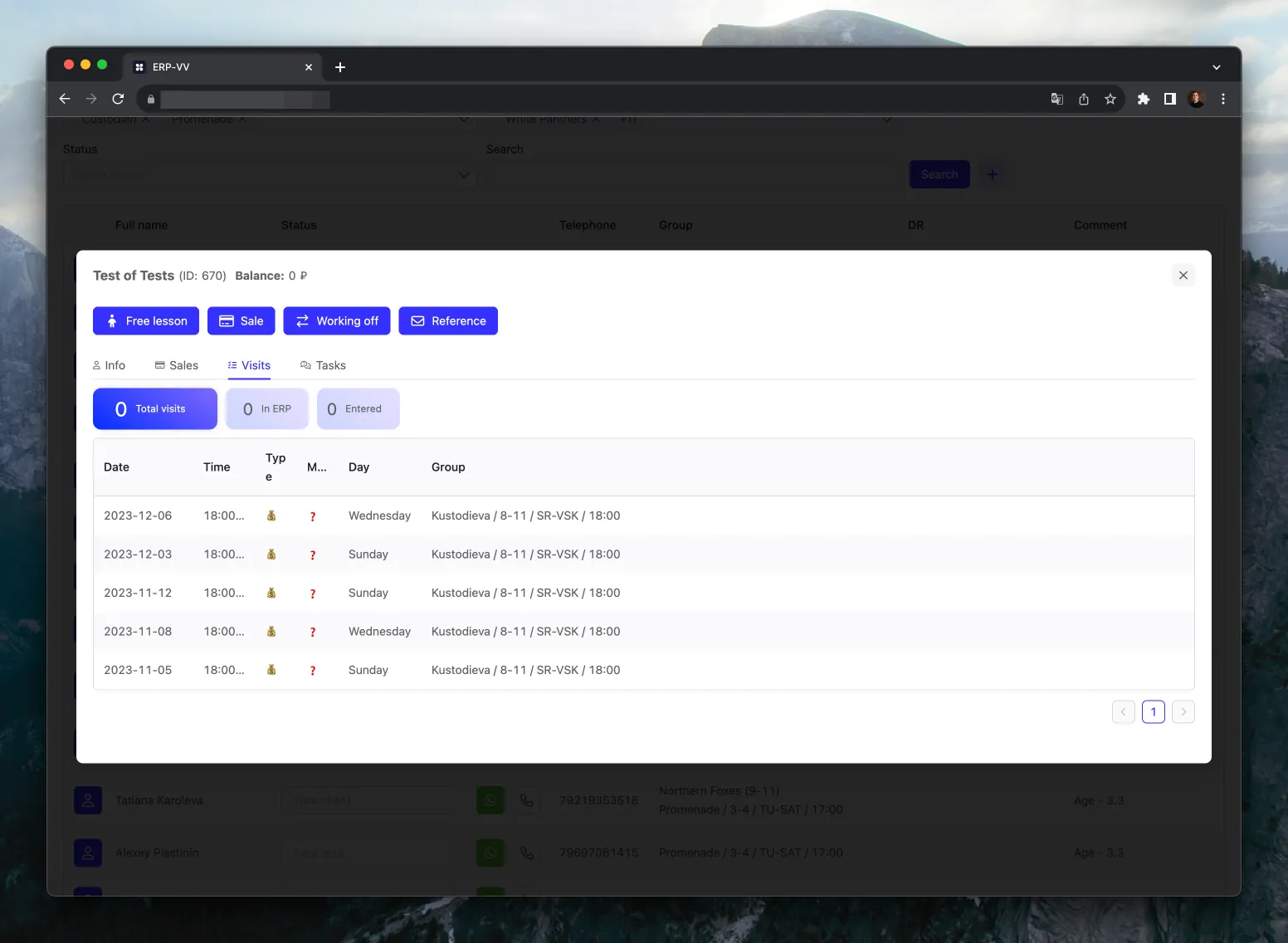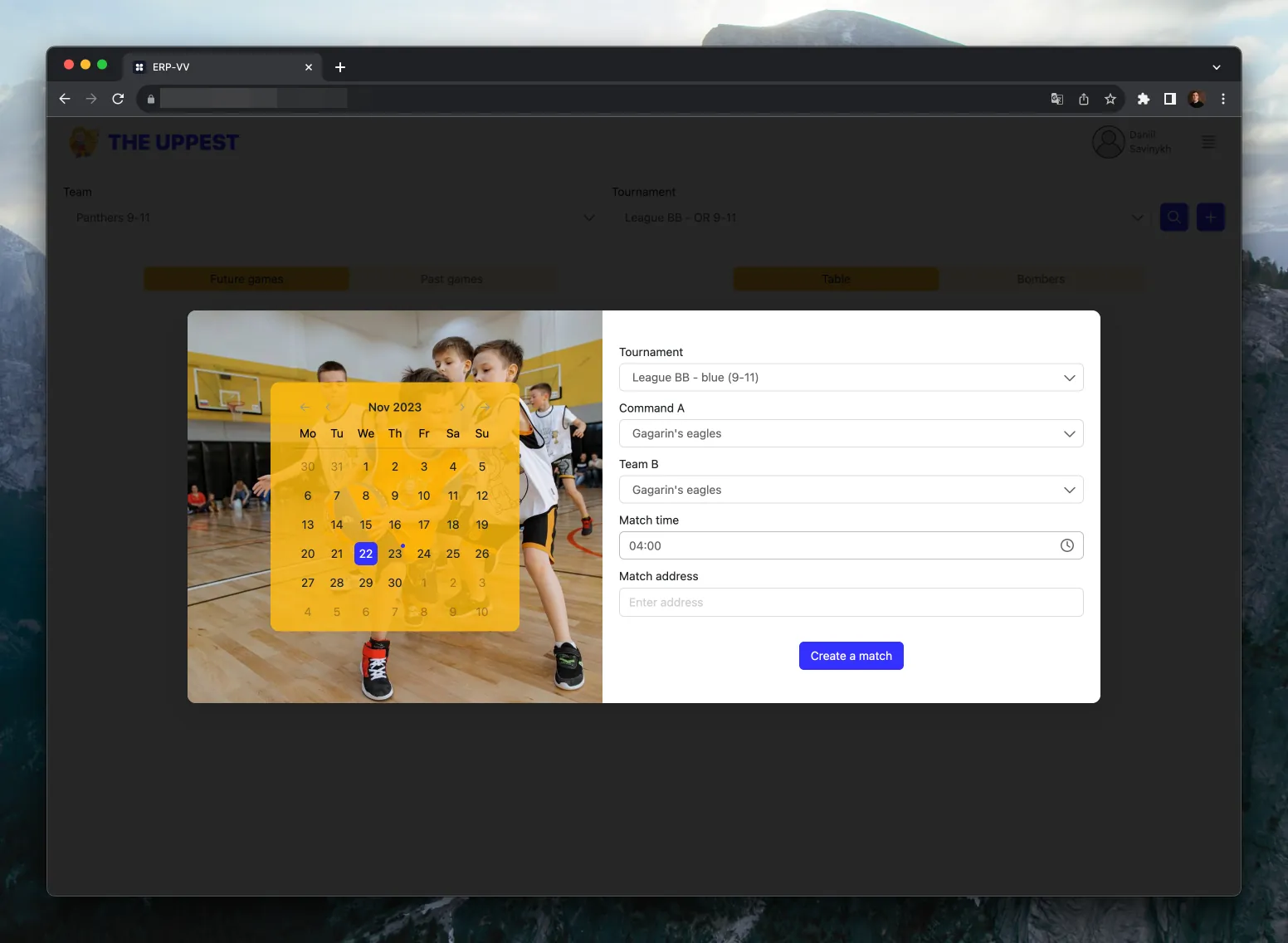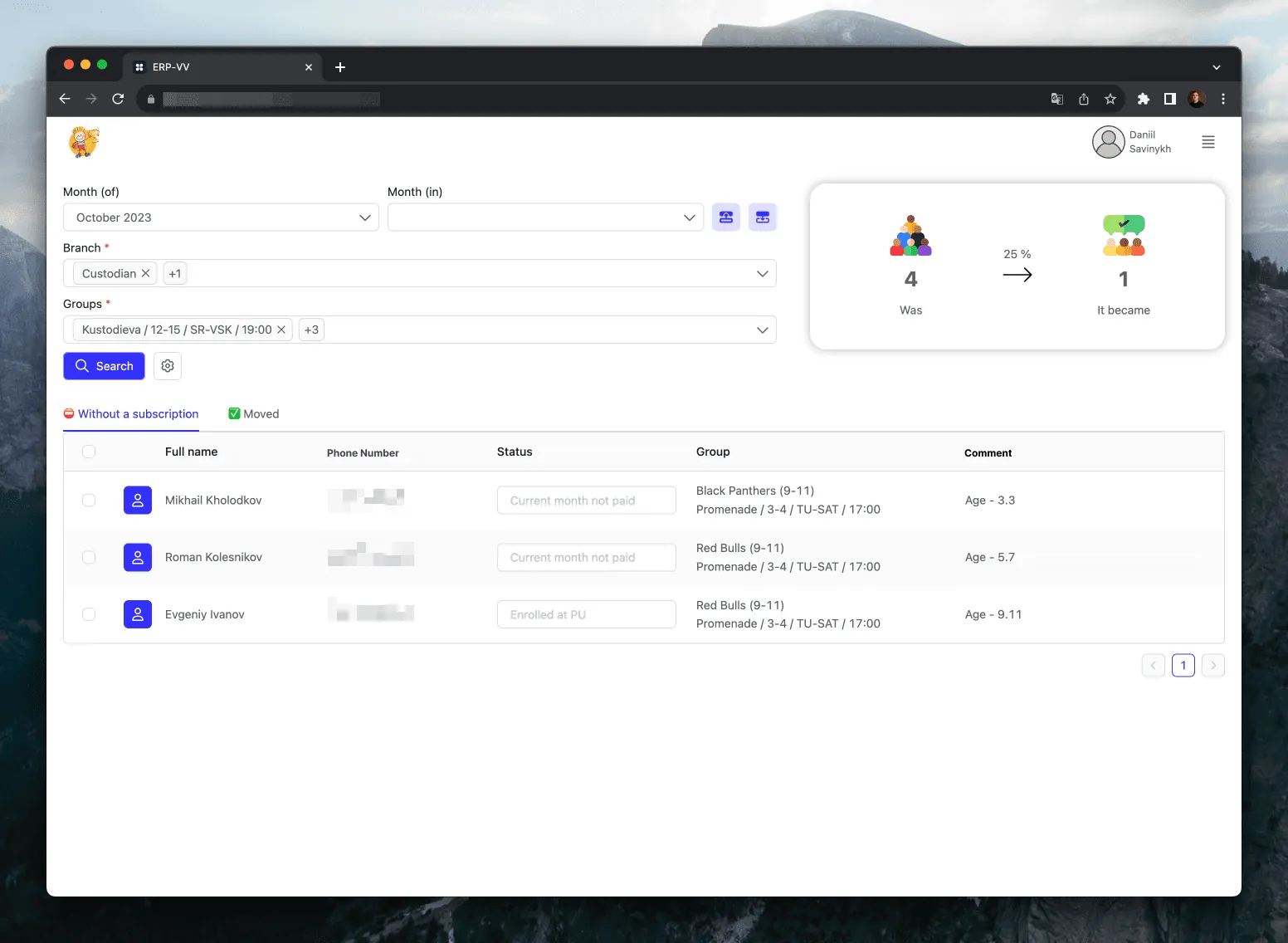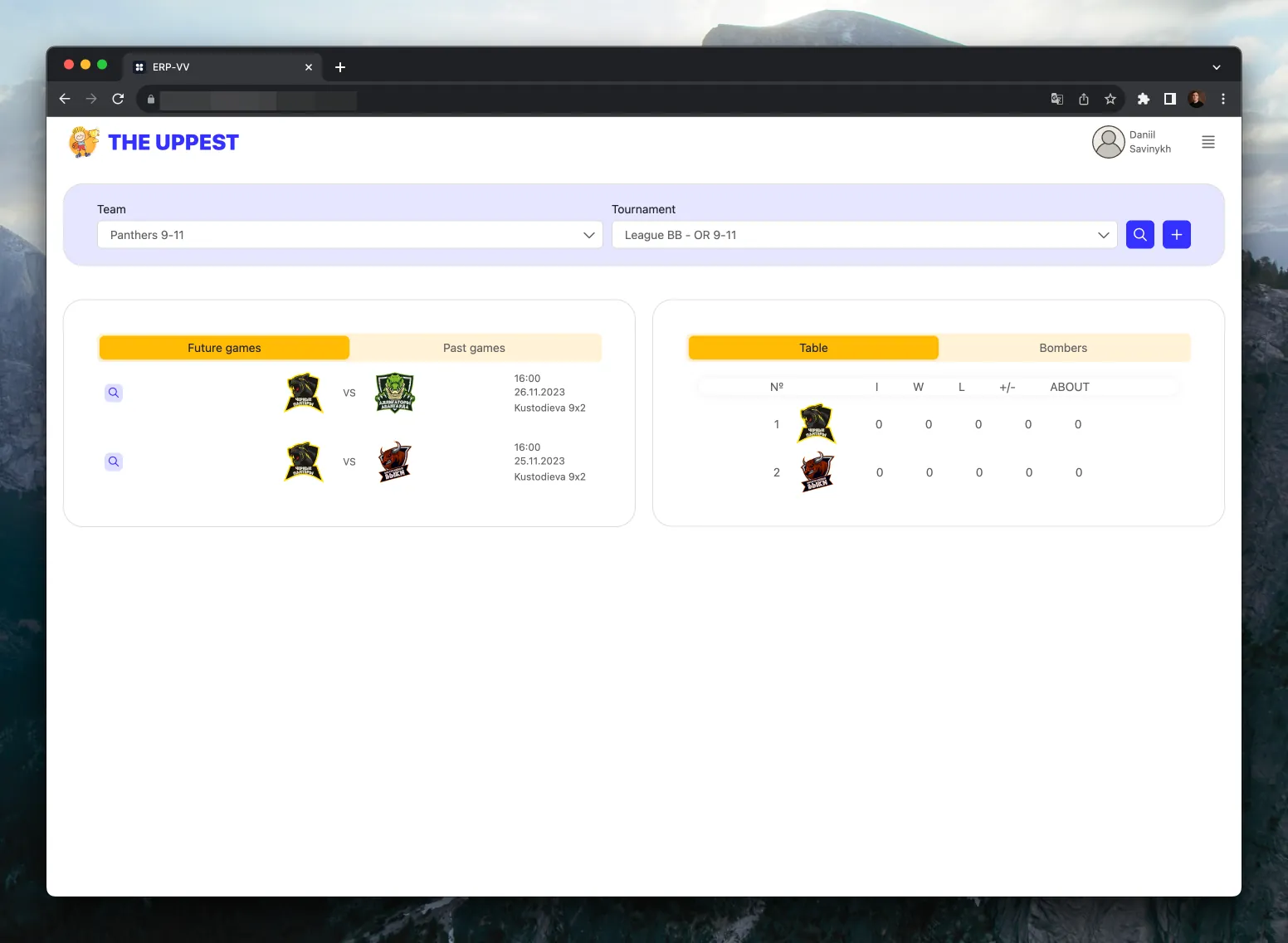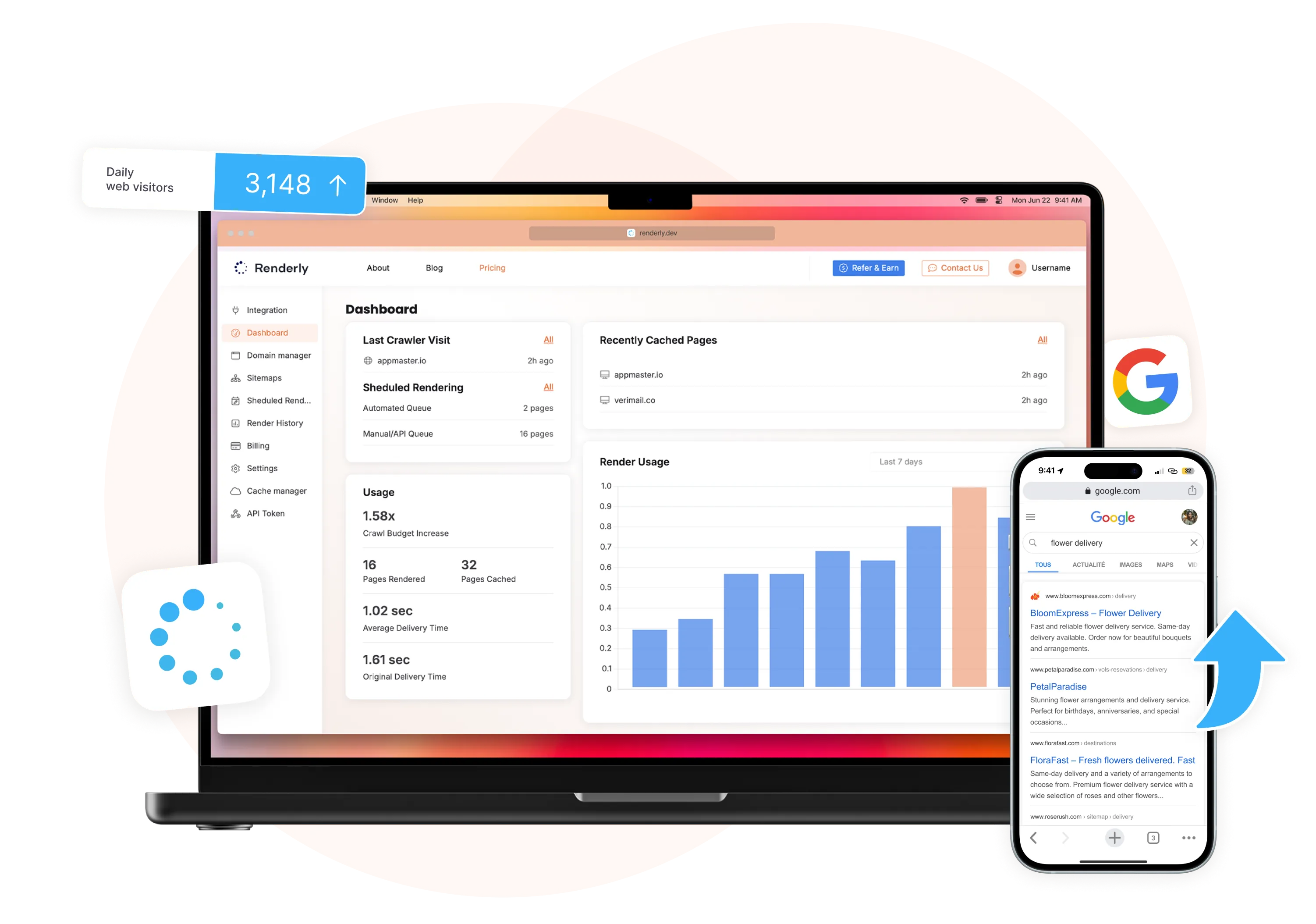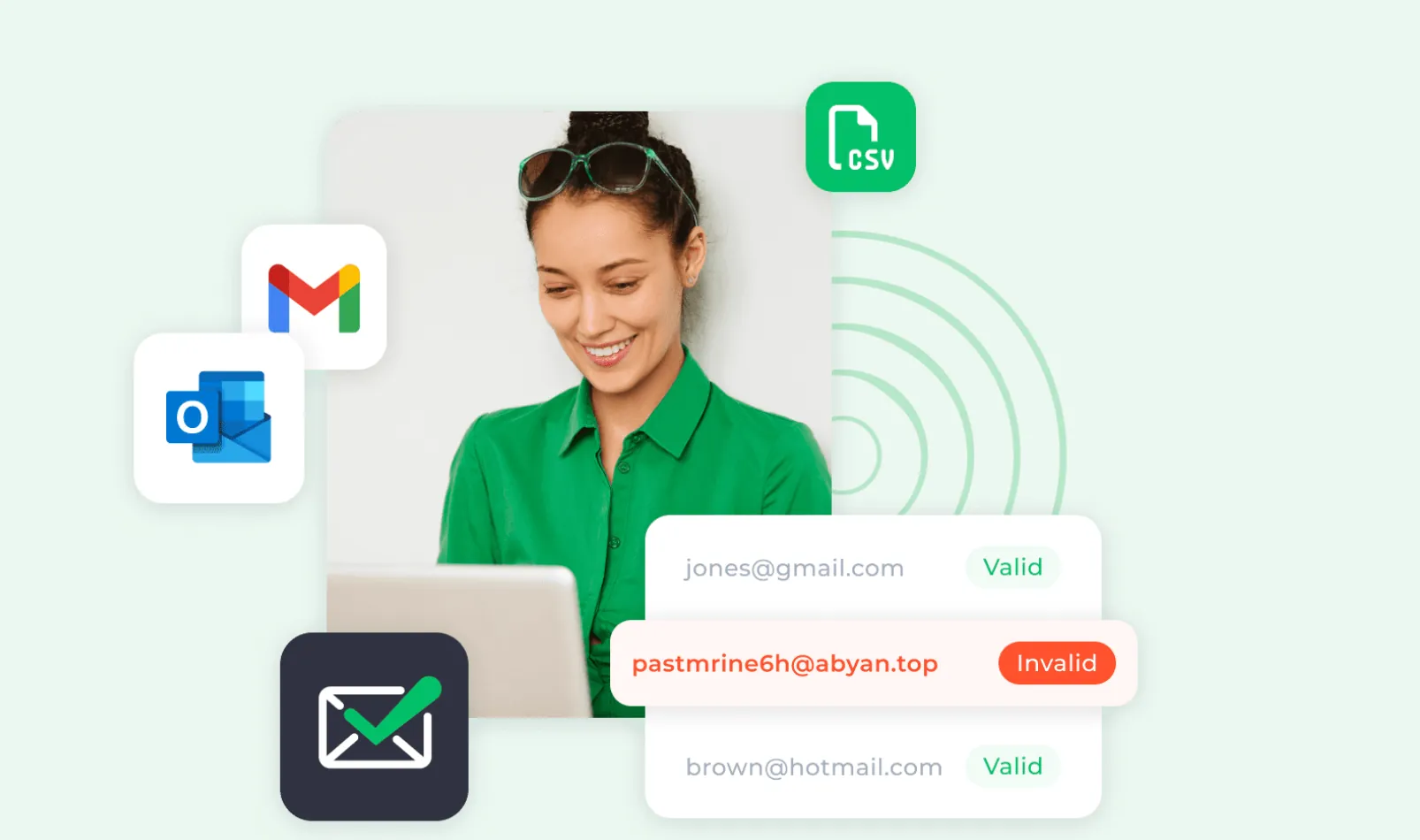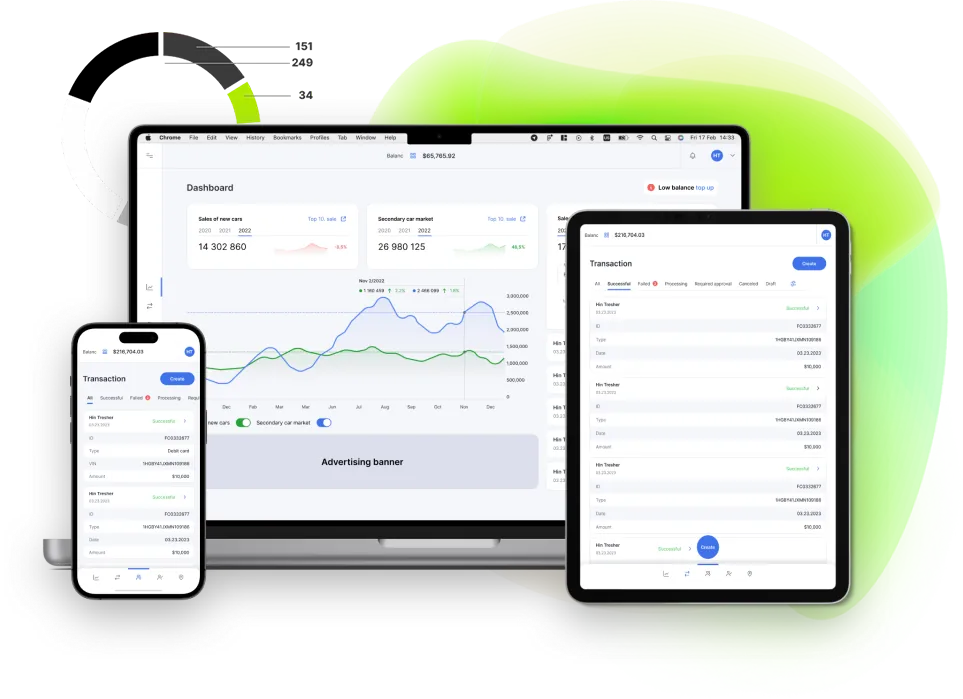Managing and controlling a business can be done in different ways. For some, a sheet of paper and a pen are enough; others input all data into Excel and set up formulas. But a large, complex business with ambitions for growth and development works in ERP systems, which integrate and automate all business processes. We have gone through all the stages: from paper analytics to using third-party CRM and ERP systems. And in 2022, we firmly decided to develop our own ERP system.
We decided to create a custom ERP system after encountering several problems:
Problem #1 - Product versatility on the market
- Broad functionality, but tailored for all service businesses, which leads to difficult implementation + errors in using the system
- The interface language is universal, without the context of our company (basketball)
- Partially branded content
Problem #2 - Uncontrolled development
- Slow development
- Irreparable errors
- Updates not for us but for everyone
Goals
Create your own platform for digitizing business processes and managing a children's basketball school
First try
Initially, we built the system on the Bubble.io platform, but after 1 month of development, we came across AppMaster and, having studied the functionality and development potential of the platform, switched to it.
Solution
We have been working on this project iteratively for about a year and have no plans to stop, as the project is constantly evolving. In my view, if it were necessary to build a project like ours from scratch, without pauses in development, it could be done in 1-2 months, depending on the development team and budget.
As a result, we have successfully developed a comprehensive ERP system (web application) with the following features:
Databases
- All information across various databases is consolidated in one place, including data on marks, sales, clients, leads, and coaches.
- The interconnected nature of these databases enables deep analytics.
CRM system
- Leads from all channels, including social media platform, website, chatbot, and promoters, are automatically included in the ERP system. Plus, UTM tags are automatically analyzed to assign the necessary advertising sources.
- Tasks are auto-opened and auto-closed. This means we simply mark children and enter subscriptions, saving time on routine tasks and focusing only on those that need attention. Previously, it was necessary to analyze each task for its relevance. For example, now, if a client has paid for the next month, there is no need to manually update the task to check for renewal. The task is automatically updated, and the deadline is postponed.
Analytics
- Dashboard with key metrics
- Report on conversions by sales funnel + detail by children
- Conversion report on the transition from month to month + detail by children
- Cash flow statement
Integrations (API)
- Internet acquiring generation of payment links with deadline + automatic entry into the system upon payment
- Telegram - integration with chatbot, automatic entry of clients into the ERP + entry of free training
- Site (Tilda) - entering requests from the site into the ERP and creating a task
- Make - helps to integrate a chatbot with ERP
In the near future we plan to implement the following functionality:
- Add profit and loss report
- Add warehouse accounting
- Make a mobile application for children and parents
Result
We are completely satisfied with the result; the AppMaster has given our company the opportunity to create our own ERP system faster, cheaper, more functional, and more personalized than if it were developed by a team of developers.
Components: Backend, Web Application, Webhooks, requests to external APIs
